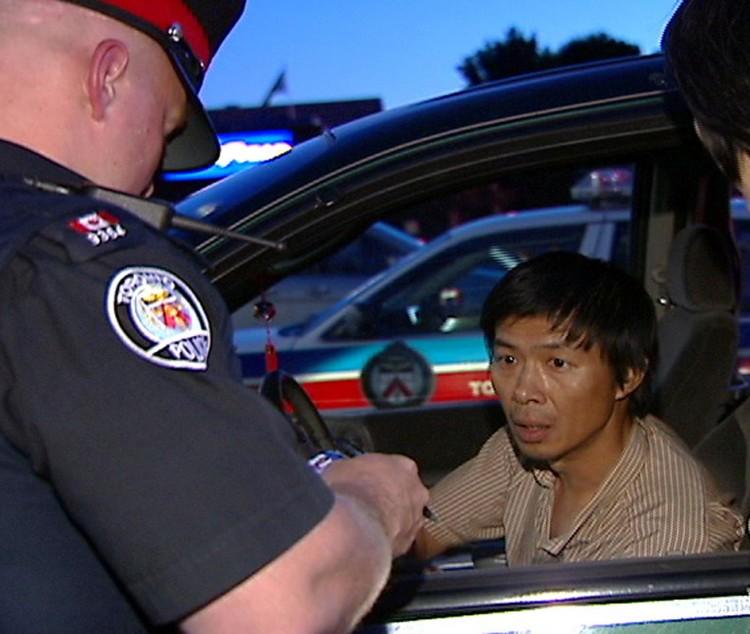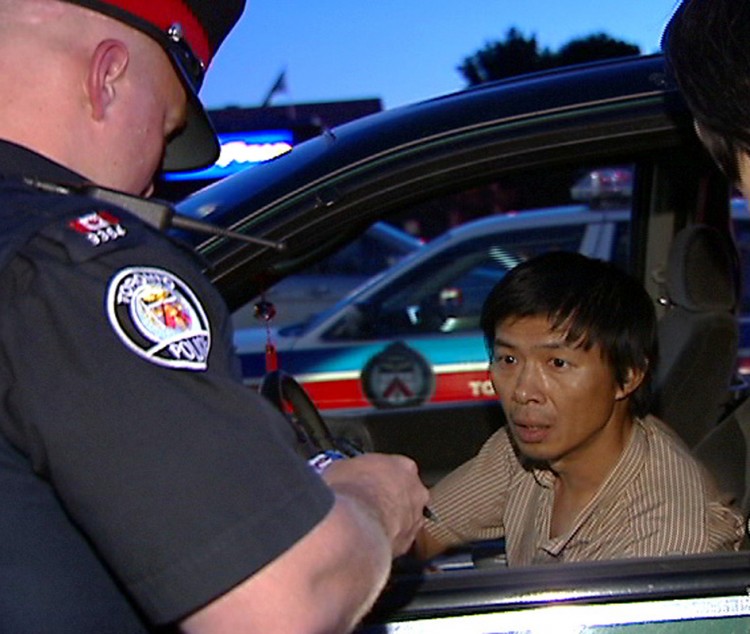The Supreme Court of Canada has dismissed an application to appeal with costs by Les Presses Chinoises owner Crescent Chau who had unsuccessfully tried to sue The Epoch Times for publishing articles alleging he was acting as an agent of the Chinese communist regime.
Chau had initially launched a lawsuit against the Montreal edition of The Epoch Times for libel in 2007 and was seeking close to a quarter million dollars in damages.
That lawsuit was turned down by the Superior Court of Quebec in 2010, which ruled that The Epoch Times had acted in the public interest in probing Chau’s relationship with the Chinese regime.
“This is a case of the biter complaining about being bitten,” Justice Catherine Mandeville ruled at the time, adding that it was fair to suggest that Chau was acting as an agent of Beijing.
Since 2001, Chau has published several “special editions” of his newspaper with articles denouncing Falun Gong, a meditation practice whose adherents are heavily persecuted in China.
The articles repeated the Chinese regime’s malicious and unsubstantiated charges against Falun Gong practitioners, suggesting among other claims that they engage in bestiality, vampirism, and suicide.
Multiple government bodies and rights groups have denounced these claims as propaganda used by the Chinese regime to justify its suppression of the peaceful, non-political practice.
The Epoch Times ran several articles examining Chau and his relationship with the regime, and included interviews with a former high-ranking Chinese diplomat who suggested Chau was working on behalf of the regime.
Justice Mandeville said in her 2010 ruling that The Epoch Times journalists had “acted reasonably and committed no fault.”
“Mr. Chau … believes that it is part of his responsibility to defend the position of the PRC (People’s Republic of China) government. The [Epoch Times] articles raised that his opinions on Falun Gong but also on Tibet and many other subjects are identical to that which the PRC’s government advocates,” Mandeville said.
She also said that Chau’s explanations for how he funded his special editions denouncing Falun Gong were “to say the least, nebulous.”
Les Presses Chinoises normally had a circulation of only 6,000 and was only distributed in Montreal with about 100 copies circulated in Ottawa.
However, in August 2006, Chau printed 100,000 copies of a special 32-page tabloid containing only articles condemning Falun Gong without a single advertisement, and distributed it nationwide for free.
‘Gagging’ Lawsuit
Michel Juneau-Katsuya, one of Canada’s foremost experts on Chinese espionage and the former head of the Asia desk for CSIS (Canadian Security Intelligence Service), said in an interview that lawsuits such as this are a common strategy used by the Chinese regime to deter news reports on topics not to their liking.
“Chinese intelligence services know the law and they have been using the law to try and intimidate. This is a form of gagging lawsuit. They try to sue people and entangle them in lawsuits for a long period of time, knowing this will cost them a lot of money, to scare them [not] to write about them,” he said.
Following Justice Mandeville’s ruling, Chau launched an appeal to the Quebec Court of Appeal which was dismissed in February.
Chau then tried to have the case heard at the Supreme Court of Canada. That application to appeal was dismissed on Sept. 6.
“To my great surprise, Mr. Chau has always claimed that he was not a wealthy businessman, but he nevertheless tried his luck to obtain the permission of the Supreme Court of Canada to appeal, but it was in vain,” said defence lawyer Claude-Armand Sheppard following the Supreme Court’s dismissal.
“I don’t know what impact this outcome will have on the local and international Chinese community, but I’m sure that there will be one. It’s a cause that will have an impact one way or another,” Sheppard said, adding this is not simply a dispute between competing newspapers, but rather touches on the issue of human rights in China.
Chau did not reply to a request for comment.
Additional reporting by Mathieu Côté-Desjardins in Montreal
The Epoch Times publishes in 35 countries and in 19 languages. Subscribe to our e-newsletter.






